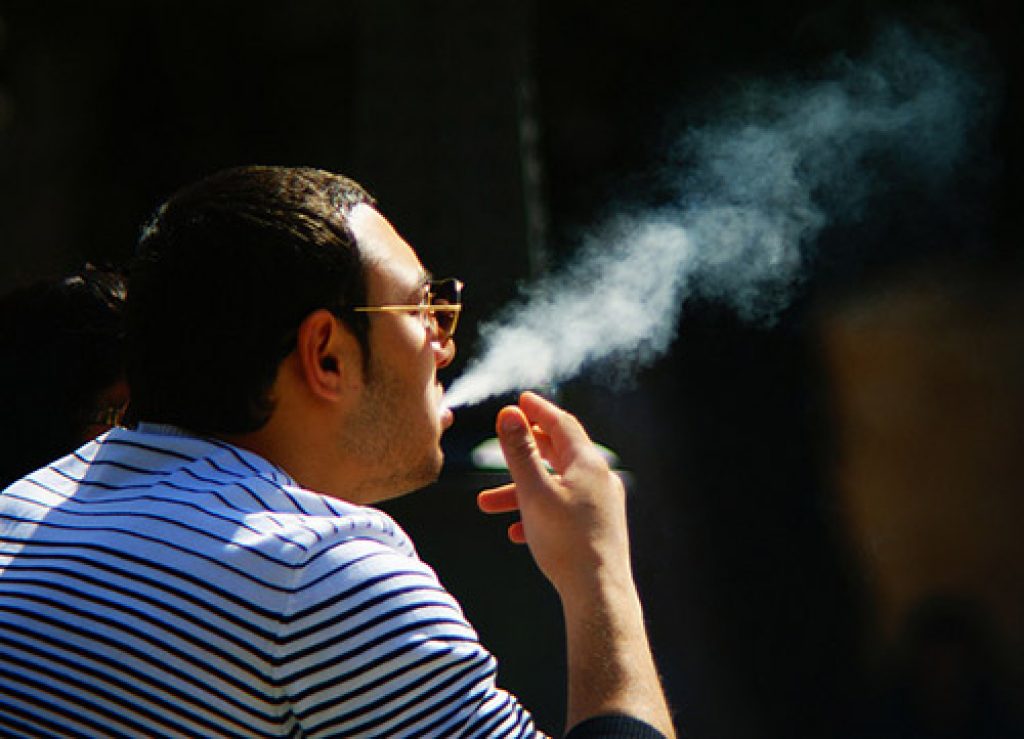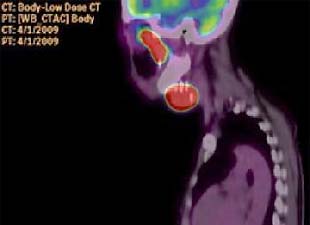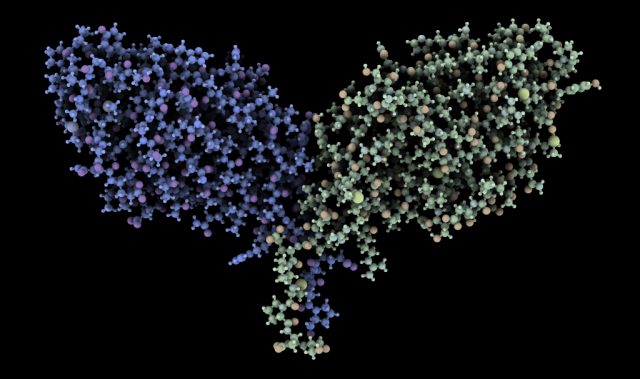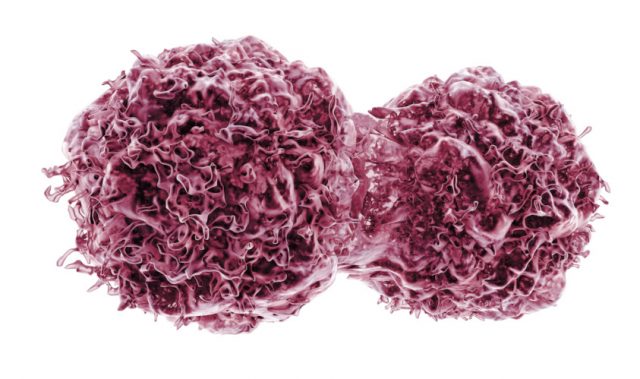
AsianScientist (Nov. 29, 2013) – Survivors of nasopharyngeal carcinoma who are former or current smokers are more likely to have their disease progress, relapse, or spread, compared to disease survivors who have never smoked according to a study published in the journal Cancer Epidemiology, Biomarkers & Prevention.
“While it is established that tobacco smoke is a risk factor for nasopharyngeal carcinoma its role in influencing survival of patients with established cancers is not known,” said Fang-Yun Xie, professor at the Sun Yat-sen University Cancer Center in China.
“We found that cigarette smoking does influence the survival of patients with nasopharyngeal carcinoma. Patients with a history of smoking, regardless of whether they ceased smoking for one or more years, have poorer survival than those who never smoked.”
In the United States, about 2,900 people are expected to develop nasopharyngeal carcinoma in 2013, and about half of the people with this cancer are younger than 55 years old, according to the American Cancer Society. This cancer is more common in some parts of China.
“Our findings demonstrate the dangers of cigarette smoking in terms of the survival of patients. Hence, we strongly recommend that people, including those with nasopharyngeal carcinoma, do not smoke,” said Xie.
Xie and colleagues followed 1,849 newly diagnosed nasopharyngeal carcinoma patients admitted to the Sun Yat-sen University Cancer Center between 2005 and 2007. They gathered information on smoking and drinking history, and demographics. The primary endpoint for the study was overall survival, and secondary endpoints were progression-free survival, locoregional relapse-free survival, and distant metastasis-free survival. Patients were followed for up to eight years.
During follow-up, eight percent of the patients developed locoregional relapse, about 13 percent had their disease spread to distant organs, and 20 percent died of their disease.
The researchers found that among all nasopharyngeal carcinoma patients, those who smoked heavily were 3.3-fold more likely to die, 2.5-fold more likely to have their disease progress, and 2.7-fold more likely to have their disease spread to distant organs, compared with those who did not smoke. Both former and current smokers were impacted equally.
They also found a dose-response relationship between pack-years smoked and increase in risk of death or progression: the higher the pack-years, the lower the survival rate.
The findings were still significant in subgroup analyses and after adjusting for age, gender, drinking status, cancer subtype, tumor stage, spread of the disease, status of Epstein-Barr virus infection (which can cause this cancer), radiation techniques, and chemotherapy regimens.
“Previous studies have found that cancer patients resume smoking after treatment because of a higher perceived difficulty of quitting, and lower perceptions of their cancer-related risk,” said Xie. “Our finding that cigarette smoking lowers the chance of survival for nasopharyngeal carcinoma patients, with a dose-response relationship, is a key fact that the general audience should keep in mind.”
The article can be found at: OuYang P et al. (2013) Prognostic Impact of Cigarette Smoking on the Survival of Patients with Established Nasopharyngeal Carcinoma.
——
Source: Sun Yat-Sen University; Photo: LawPrieR/Flickr/CC.
Disclaimer: This article does not necessarily reflect the views of AsianScientist or its staff.












